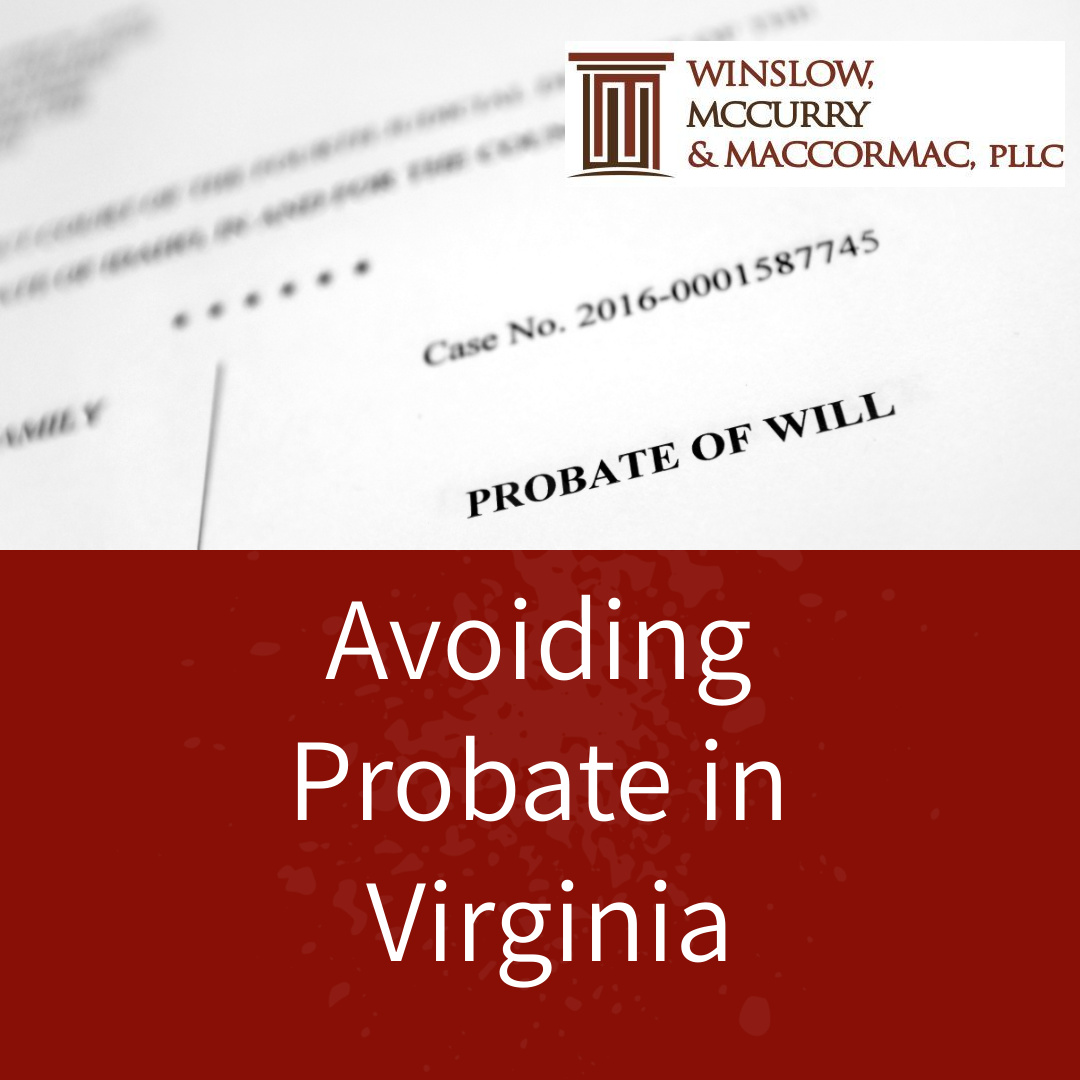
Clients often approach our office seeking to put an estate plan in place that will help their loved ones avoid the probate process. When asked, our first three suggestions to our clients in order to avoid court involvement in the transfer of their assets after the pass include:
- Transfer assets to a revocable living trust, which is a document that governs how assets are managed and distributed, and sets out who has the authority to do this. Assets owned and controlled by a trust are not included in the probate estate. Assets can either be titled in the name of the trust during the creator’s lifetime or can be made payable on death to the trust. A joint discussion with your attorney and financial advisor is recommended to determine which way of titling works best for which assets.
- Name beneficiaries on accounts and insurance policies. You may see the terms “payable on death” or “transfer on death” to indicate this is how the asset will be handled upon someone’s death. With real property, this can be accomplished with a transfer on death deed. By naming beneficiaries, the assets transfer directly to the named person or people upon someone’s death and are not included in the probate estate. This works best when the intended beneficiaries are responsible adults. Other avenues, like a trust, might work better if potential beneficiaries are minors or have any kind of special needs.
- Title assets jointly with survivorship (works for real estate and monetary accounts). You may see the terms “joint tenants with the right of survivorship” for assets owned with someone other than a spouse or “tenants by the entirety with the right of survivorship” for assets owned jointly with a spouse. These assets automatically transfer to the joint owner solely in his/her own name at the death of the other owner.
In many cases, the distribution of your assets upon your passing can be simplified for your family members by employing the techniques above, giving your loved ones the ability to focus on the grieving process. Of course, every family and every estate is different. If you have any questions or would like to discuss what this might look like for you, please call the Estate Planning Attorneys at Winslow, McCurry, & MacCormac, PLLC at (804) 423-1382 or info@wmmlegal.com.